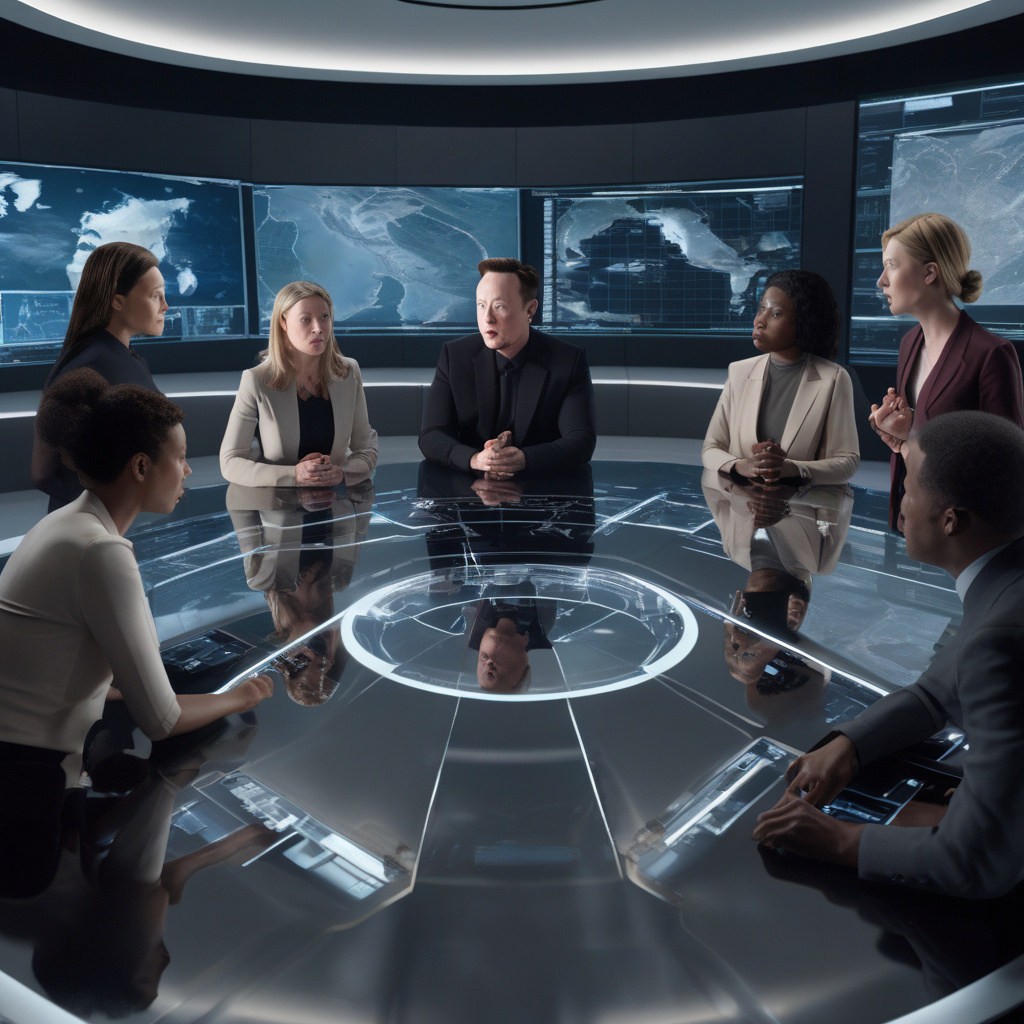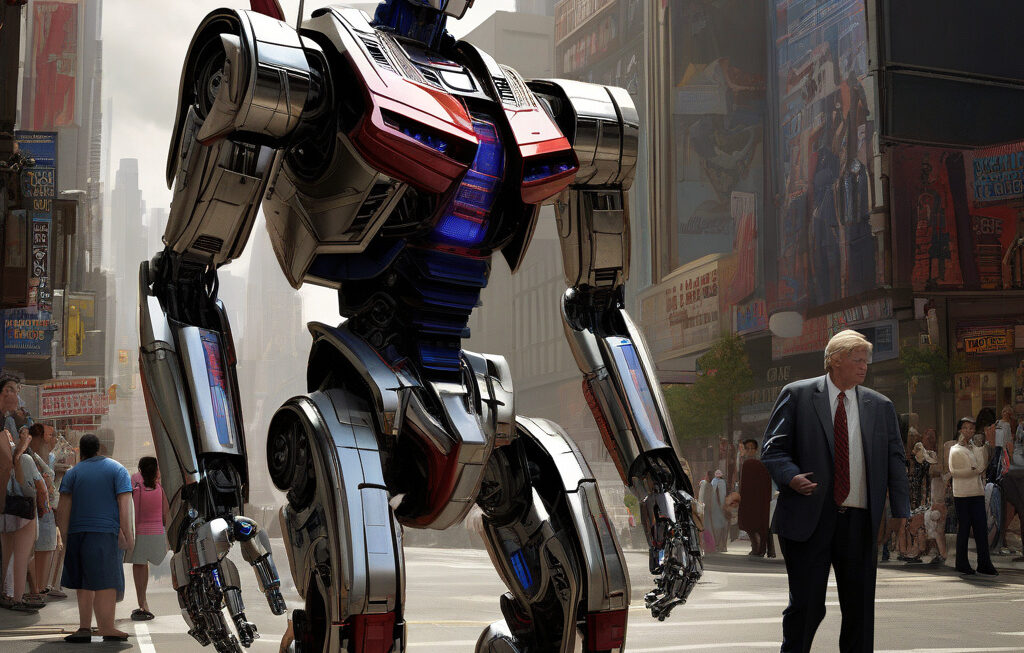Musk’s Influence Puts Grok at the Centre of AI Bias Debate
When it comes to the realm of artificial intelligence, the name Elon Musk inevitably comes to mind. Musk, known for his groundbreaking work in companies like Tesla and SpaceX, has also made significant strides in the AI sector. One of his notable ventures, Grok, an AI chatbot, has recently found itself in the spotlight due to its responses veering rightward in updates. This shift not only reflects Musk’s priorities but also underscores the broader debate surrounding bias in AI technologies.
Grok, initially designed to engage users in conversations covering a wide range of topics, has been subtly influenced by Musk’s views and beliefs. As the driving force behind Grok’s development, Musk’s emphasis on certain ideologies has seeped into the chatbot’s responses, steering them towards a more right-leaning perspective. While some may view this as a natural progression aligning with Musk’s personal stance, others see it as a concerning example of bias in AI technology.
The evolution of Grok’s responses raises crucial questions about the role of ethics and fairness in AI programming. As AI chatbots become increasingly integrated into our daily lives, ensuring that they provide unbiased and accurate information is paramount. Grok’s shift towards the right serves as a reminder that even seemingly neutral technologies are susceptible to bias, consciously or unconsciously embedded by their creators.
Moreover, Grok’s case highlights the ongoing struggle to address bias in AI systems. As developers strive to create AI technologies that are inclusive and equitable, instances like Grok’s rightward tilt underscore the challenges that lie ahead. Achieving true fairness in AI requires not only technical expertise but also a deep understanding of societal norms and values to prevent unintended biases from seeping into the technology.
The debate surrounding Grok’s bias also points to the larger issue of accountability in AI development. Who is ultimately responsible for ensuring that AI systems remain unbiased and fair? Should it be the developers, the companies behind the technology, or regulatory bodies? These questions become increasingly urgent as AI technologies like Grok become more pervasive in our lives.
As we navigate this complex landscape of AI bias, it is essential to consider the implications of Musk’s influence on Grok and similar technologies. While Musk’s vision and innovation have propelled AI advancements, they have also raised concerns about the potential for bias and manipulation. By critically examining the interplay between personal beliefs and AI programming, we can work towards creating technologies that are truly neutral and beneficial for all.
In conclusion, Grok’s rightward shift in responses, influenced by Elon Musk’s priorities, sheds light on the broader debate surrounding bias in AI chatbots. This case underscores the importance of addressing bias in AI technologies, promoting fairness and inclusivity in their development and deployment. As we strive towards a future where AI plays a central role in our lives, mitigating bias must remain a top priority to ensure that these technologies serve the common good.
AI, Elon Musk, Grok, Bias Debate, Ethics in Technology












